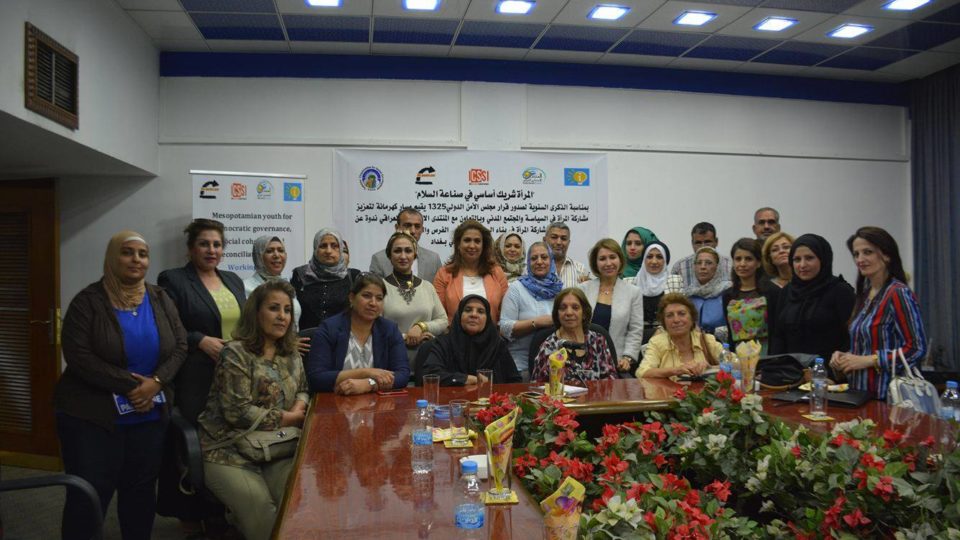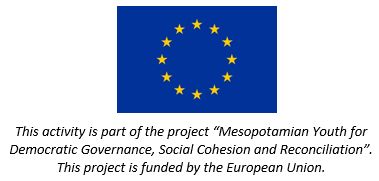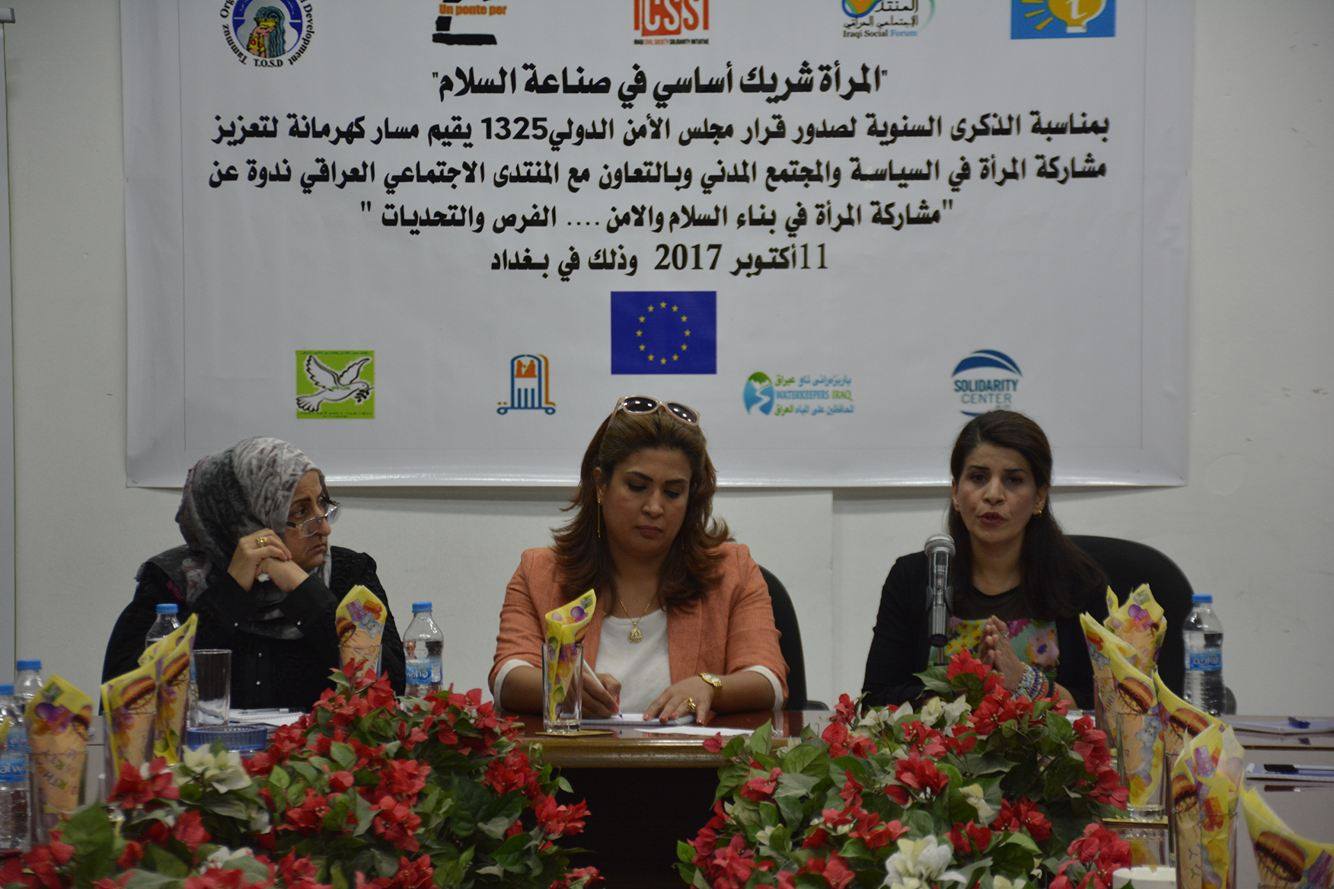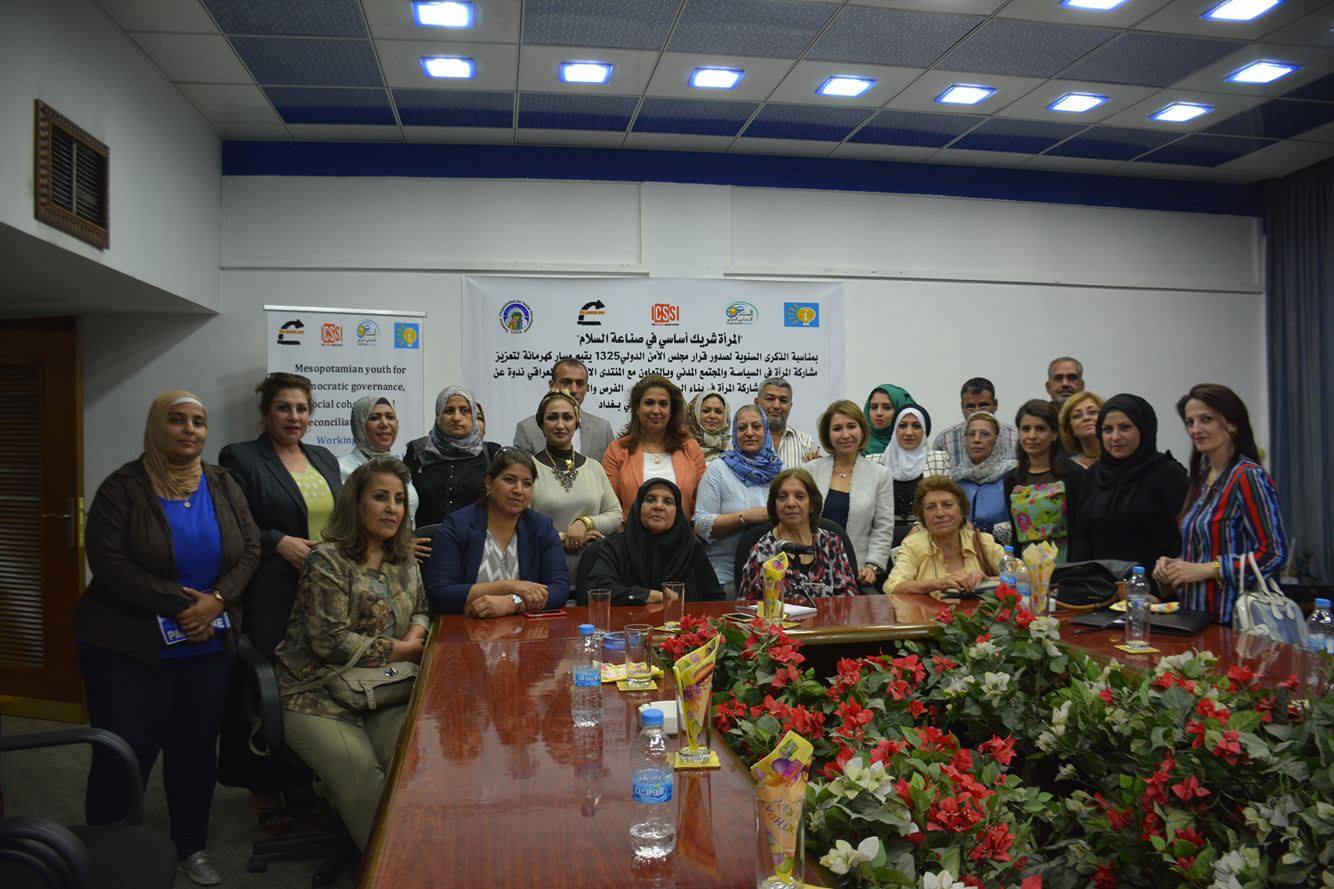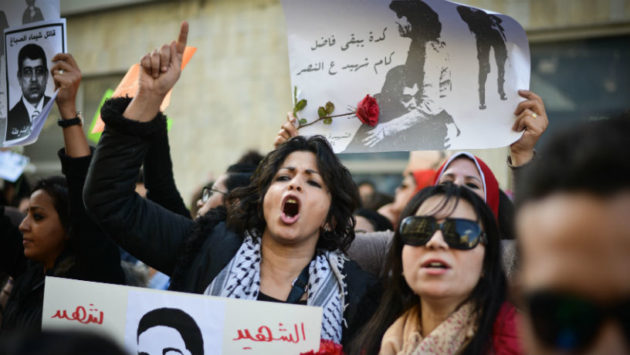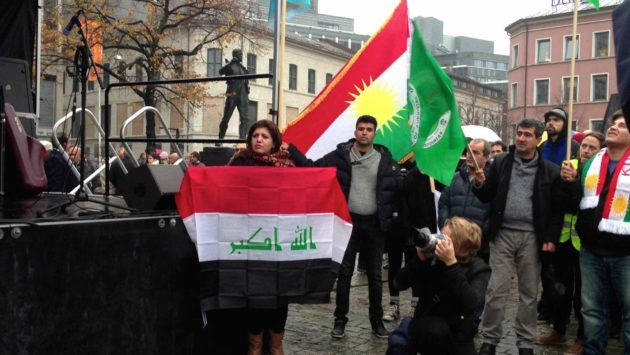Women are Critical Peacebuilding Actors: Implementing UNSCR-1325 in Iraq
More than 3 years ago, in February 2014, the Government of Iraq launched its National Action Plan on UN Securitiy Council Resolution 1325 (2014-2018). It was the first country in the MENA Region to launch such a program. The Resolution concerns the important role of women in the prevention and resoltion of conflicts, peace negotiationsm peace-building, peacekeeping, humanitarian response and post-conflict reconstruction. It affirms the equal paticipation of women and full involvement in peacebuilding efforts to promote social cohesion and inclusiveness in Iraq. However, due to the recent instability in the country, the I-NAP1325 Initiative has not been implemented. On the anniversary of the adoption of the national action plan, the working group on women’s participation in civil society and policy-making in Baghdad, called “Kahramana”, followed-up with a seminar on women in peacebuilding and security on 11 October 2017 in Baghdad. The seminar is part of the project ‘Mesopotamian Youth’, which is funded by the European Union.
The terror by Daesh wreaked havoc on women, who were displaced, kidnapped or forced as slaves. The occupation by Daesh very much delayed the impelementation of the national action oplan and created different needs and priorities. Lack of documentation and databases demonstrate there are no rehabilitation centers and safe havens for women. Moreover, the Ministry of Women’s Affairs which was played a coordinating role canceled the plan int he absence of a budget, according to Intisar Al-Mayali who was leading the NGO-coalition “Civilian voluntary alliance of the National Initiative for INAP – Iraqi of resolution 1325” following-up the implementation of the plan. According to Qassim al-Zamiliof the Secretariat of the Council of Ministers, the implementation of the plan was hindered by the security obstacles and challenges since the war with Daesh started but the council was nonetheless able to produce an institutional evaluation of the plan which was shared with the UN. The Iraqi Parliament is currently working to allocate a budget and implement the plan in coordination with all ministries, for the remaining year of 2018.
Amal Kabbashi, Coordinator of the Iraqi Women Network, applauds the fact that authorities are taking up thte national action plan again, but laments the absence of mechanisms to implement it. The plan needs to be adapted to the changed circumstances in post-Daesh Iraq, and requires an allocated budget, activities to identify indicators and criteria for evaluation, with the aim to involve women in the process of national reconciliation and decision-making. Kabbashi stressed involvement of civil society is necessary, but at the same time criticized CSOs for not advocating for the implementation of the 1325 resolution.
Following a group discussion, the participants agreed on the following recommendations:
– The need to raise awareness on Resolution 1325 and the I-NAP1325 Initiative at institutional and community level
– Partner with the media in campaigning
– Combining and strengthening civil society efforts to support the implementation of the plan
– The need for appropriate financial allocations to implement the plan
– Monitoring and evaluation of the implementation through periodic reports.
Working Group Coordinator Vian al-Sheikh Ali of Tammuz Organisation (Baghdad) concluded that one of the goals of the Kahramana working group is the participation of women in peace-building and its activities will aim to raise awareness of Resolution 1325 and the I-NAP1325 Initiative.
Find the website of the I-NAP1325 Initiative here.

